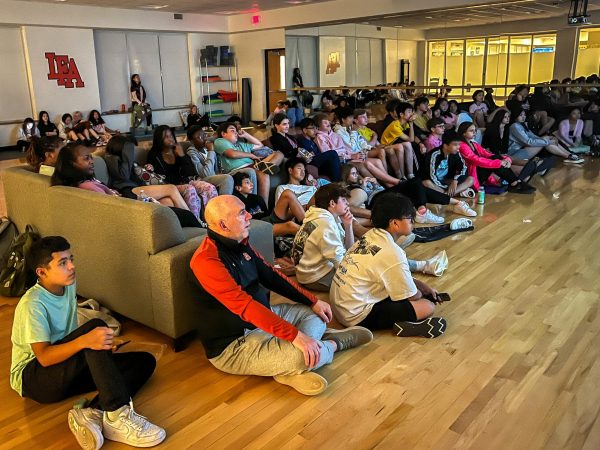Seasonal depression during COVID-19 times

Photo by Shutterstock
December 11, 2020
As every year goes by, the seasons roll by, and with that comes seasonal affective disorder (SAD), otherwise known as seasonal depression. According to Mayo Clinic, seasonal depression is a type of depression that affects individuals differently based on the seasons, with the most common cases happening during the colder months of winter.
With that time of the year coming around, it becomes worrisome for individuals who experience this type of depression. This year, however, it becomes much more concerning as this issue of mental health clashes with the mental disruptancies caused by the global pandemic.
Health, Wellness & Community Department Chair Jennifer Madeley brought up the fact that, “not only will there be shorter daylight hours and less sunlight, people will be more isolated, and their normal daily routines will continue to be disrupted.” These factors could potentially but those experiencing SAD at a higher risk than when there isn’t a pandemic going on.
Health & Wellness Prefect, Briana Murphy, also commented how the few activities people do look forward to during these colder months have also been affected because of social distancing. Reasonably, things get harder without having much to look forward to.
However, to avoid getting into a depressive state, Murphy mentioned that it’d be helpful for people to “really get into their hobbies or find something that makes them happy and de-stress.” She also recommends being surrounded by happy colors like yellow, orange, pink, red, and lilac, which might help improve one’s mood.
If one has already been hit by seasonal depression, Murphy recommended that it’s important “to take it one step at a time and focus on simple tasks first.” She also mentions that it’s beneficial to focus on what one has done instead of focusing on what they have to do or haven’t done. “If you’ve taken a shower, great, that’s an accomplishment. If you’ve completed a homework assignment, focus on that and then try to move onto the next task.”
Finally, Madeley remarked “don’t forget to keep to a routine, eat healthily, exercise, get enough sleep, and make social connections. If you are struggling, remember SAD is treatable, so please don’t be afraid to ask for help.”















